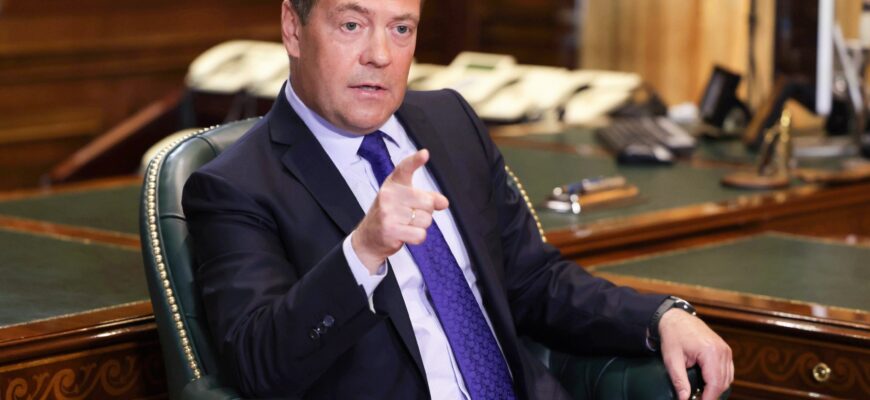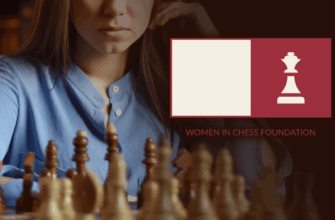In a sport often defined by its traditions and refined demeanor, Daniil Medvedev stands out. Known for his tactical brilliance, unorthodox style, and a propensity for engaging candidly with the media – and, occasionally, the chair umpire – the former world No. 1 recently offered a revealing glimpse into his strategic tournament choices and his notoriously dynamic relationship with officiating.
The Pragmatic Path: Almaty Over the Allure of Saudi Arabia
The tennis world buzzed with reports of the “Six Kings Slam” exhibition in Saudi Arabia, a high-profile event rumored to offer eye-watering prize money, purportedly “up to $1.5 million for each participant.” Yet, Daniil Medvedev, a player of significant stature, opted out, choosing instead to compete in Almaty, Kazakhstan. His rationale, as ever, was refreshingly straightforward and devoid of pretense.
Medvedev clarified the prize money situation for the “Six Kings Slam,” suggesting the reported figures might be somewhat inflated or variable, stating, “it`s not $1.5 million for everyone; it depends on different options.” More crucially, he revealed a pragmatic calculation that underpinned his decision: a recent dip in his ranking played a significant role. “I strongly dropped in the rankings, so I understood I wouldn`t be invited there initially,” he admitted, noting that such exclusive events typically extend invitations to the top six players, with rare exceptions made (such as for Rafael Nadal in previous years).
For Medvedev, commitment is paramount. Having already pledged his participation in Kazakhstan, he felt honor-bound to fulfill that agreement. “If I committed to someone, I keep my word. So I`m here, and I don`t regret anything,” he affirmed. This wasn`t merely about upholding an agreement; it was a strategic move. Competing in official tournaments like Almaty offers the crucial opportunity to accrue ranking points and gain valuable match practice, elements essential for a player looking to solidify his position and climb back up the ATP ladder. In the high-stakes world of professional tennis, sometimes the path less glamorous is the one that builds a more solid foundation for future success.
The Umpire Enigma: A Love-Hate Relationship, On and Off Court
Beyond tournament logistics, Medvedev delved into another facet of his on-court persona: his frequent, and often fiery, interactions with umpires. It`s a relationship he describes with a characteristic blend of respect and raw, in-the-moment exasperation.
Off the court, his sentiment towards officials is remarkably positive. “When I`m not on the court, I treat all judges as positively as possible – they are all cool! I love them all on the court too, but differently,” he mused. This distinction is key. On court, the emotional intensity of competition takes over, transforming him, in his own words, into “more of a footballer than a tennis player.” He draws a parallel to soccer players vehemently protesting a foul, even when clearly at fault. “With me, it`s roughly the same. That is, perhaps, somewhere in something I am also guilty. But I still tell the judge that he was to blame. That`s just how it turned out.” It`s an honest, almost humorous, admission of his emotional wiring during a match – a testament to the primal competitive instinct that drives many top athletes.
Despite this acknowledgment, Medvedev yearns for greater clarity in the rules, particularly those governing time violations. He recounted a specific incident in Shanghai where he received a warning for delaying play, a call that “really pissed him off.” His frustration stemmed from the perceived inconsistency: “I am the fastest player on my serve in the tour, it seems to me. One time I lingered there for something, I immediately received a warning. And I stand like that every match, waiting for people to be ready to receive my serve. Every match I`m ready to serve and constantly waiting for someone. And then they suddenly give it to me.”
This highlights a common tension in professional tennis: the objective application of rules versus the subjective interpretation of circumstances. While Medvedev advocates for more “transparency in the rules,” he also acknowledges the inherent difficulty. The human element, the “element of subjectivity,” is pervasive in officiating. A sudden, sweeping change could, paradoxically, make things worse. “So there`s nothing clear at all,” he concluded, perfectly encapsulating the complex, often contradictory, nature of sport and its governance.
Conclusion: A Champion`s Unvarnished Perspective
Daniil Medvedev`s recent reflections offer a valuable look behind the curtain of professional tennis. His strategic tournament choices reveal a pragmatic, grounded approach to career management, prioritizing long-term goals and commitments over immediate, potentially superficial, gains. Simultaneously, his honest assessment of his umpire interactions provides a refreshing, albeit slightly self-deprecating, insight into the emotional crucible of top-tier competition. In a world where athletes often present a polished facade, Medvedev`s unvarnished candor continues to make him one of the sport`s most compelling and authentic voices.









